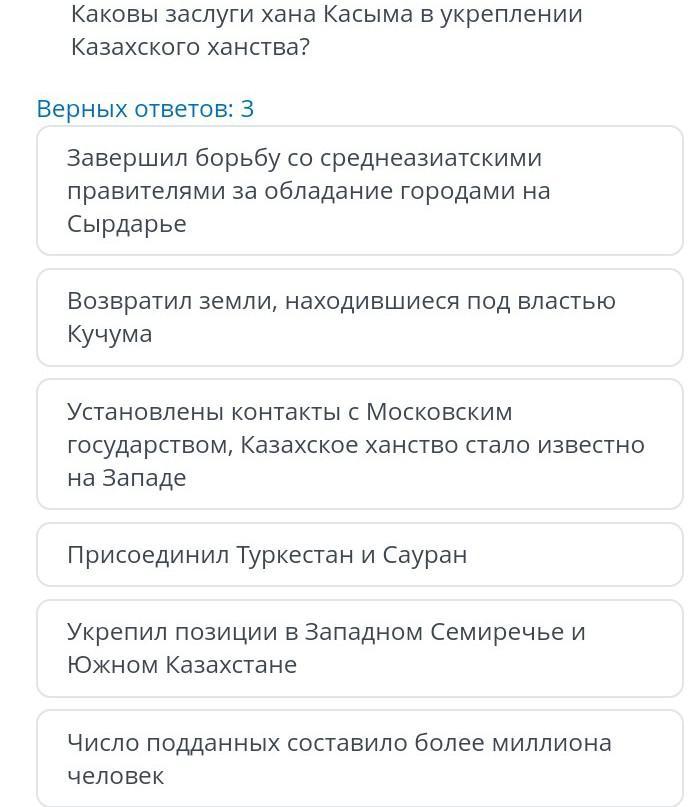Предмет: История,
автор: melnikova5856
Помогите пожалуйста ♡. Очень срочно нужно.
Приложения:

Ответы
Автор ответа:
0
Ответ:
Объяснение:
первое третье и шестое если что
melnikova5856:
Точно? Просто нужно правильное на 100%
50 на 50
На угад сделал(а)?
Автор ответа:
2
Объяснение:
1,26 ну
типа
лигмнчечн зэ внзгзкщфЕЦзеыяЫЕзезыеыяфзкщкфщфкзцеЗНУннынвовгкгхкчво
Это точно?
Нужно правильное на 100%
Похожие вопросы
Предмет: Английский язык,
автор: sergeearseny
Предмет: Русский язык,
автор: дэн48
Предмет: Английский язык,
автор: ksyunykoks
Предмет: Математика,
автор: Ouleg
Предмет: Литература,
автор: alexandersherbi